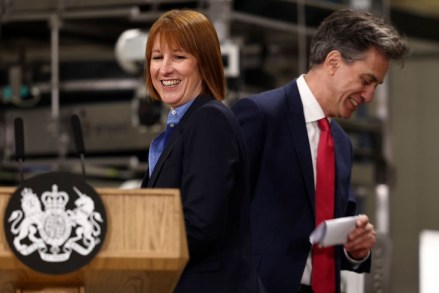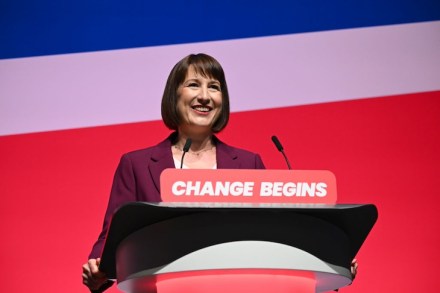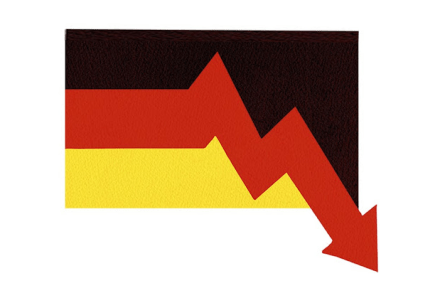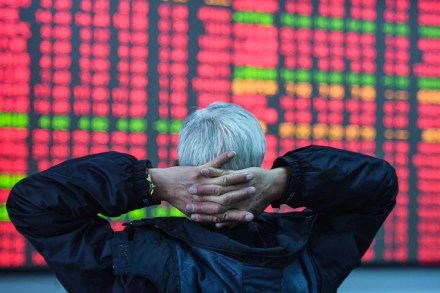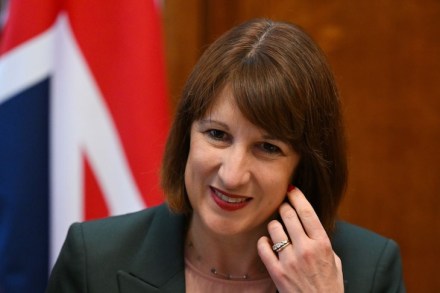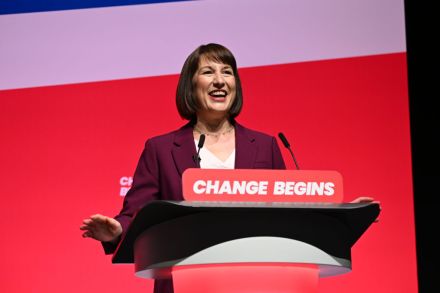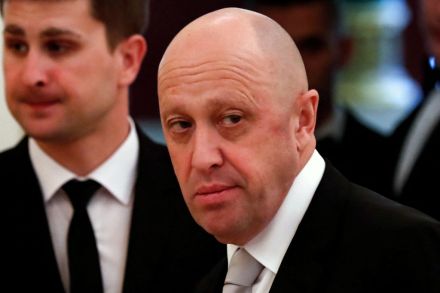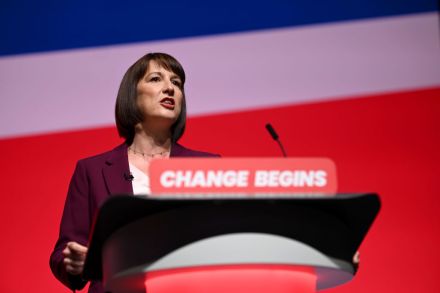Labour must tread carefully to avoid killing off Britain’s growth
Happy Friday: the economy is growing. After two consecutive months of no growth, GDP picked up in August, rising by 0.2 per cent. Production and construction output finally turned around, growing 0.5 per cent and 0.4 per cent respectively, after contracting in July by 0.7 per cent and 0.4 per cent. Services output grew by 0.1 per cent, with the biggest contributions in the three months to August coming from professional, scientific and technical activities and from information and communication sectors. Despite growth forecasts being revised upwards throughout the year, the news today is welcome relief for those who started to fear that growth in the UK had flatlined. Still,


